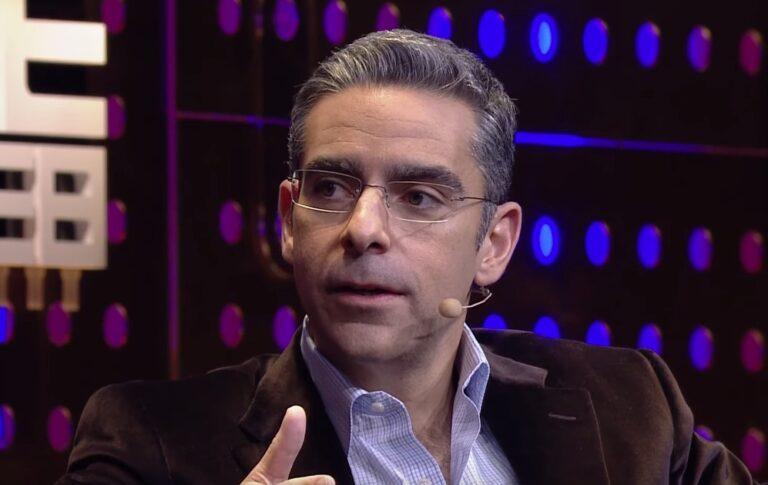This article focuses on highlights from the opening statement of David Marcus, Co-Creator of Libra and Head of Facebook’s Calibra Project, for the July 16 hearing before the U.S. Senate Committee on Banking, Housing, and Urban Affairs (aka “Senate Banking Committee”).
On June 19, the U.S. Senate Banking Committee announced that it will hold a hearing (“Examining Facebook’s Proposed Digital Currency and Data Privacy Considerations”) on July 16 to discuss Libra. This is the same Committee that wrote an open letter on May 9 to Mark Zuckerberg, Founder, Chairman, and CEO of Facebook, in order to get answers to seven questions about Facebook’s proposed crypto-based global payments system.
Earlier today, the Committee released this opening statement document.
Here are the key takeaways:
- Marcus says that Facebook “strongly” agress with Fed Chairman Jerome Powell’s comment that “the process for reviewing Libra needs to be patient and thorough, rather than a sprint to implementation.” What Marcus is referring to is the testimony by Chairman Powell before the Senate Banking Committee on July 11, during which Senator Mark Warner (D-VA) asked the Fed Chair if he shared Former FDIC Chair Sheila Bair’s concern about the liquidity risks posed by Libra and if he agreed about the need for regulatory oversight. This was Powell’s answer:
I do… I think we need to a very careful, patient, thorough assessment of what the risks really are. I think that's going to take a little time. The idea that this would be going into implementation within 12 months, I think, is not going to be proven right. I think we're going to take more time than that…
Marcus adds that he realizes that this assessment will be “the broadest, most extensive, and most careful pre-launch oversight by regulators and central banks in FinTech’s history,” and that Facebook will not launch Libra until it has addressed all regulatory concerns and received all the relevant approvals.
- Marcus points out that if the U.S. “does not lead innovation in the digital currency and payments area, others will,” and that this failure to act could result in “a digital currency controlled by others whose values are dramatically different.”
- With regards to monetary policy, Marcus wants to reassure the Committee that the Libra Association “has no intention of competing with any sovereign currencies or entering the monetary policy arena.”
- As for regulatory oversight, Marcus wants the Committee to know that the Libra Association “will continue to work with regulators and policymakers to ensure that it complies with all applicable legal and regulatory requirements.” The Libra Association understands that it will need to be “licensed, regulated, and subject to supervisory oversight.” Since its headquarters are in Geneva, it will be supervised by the Swiss Financial Markets Supervisory Authority (FINMA). It also plans to register with FinCEN as a money service business (MSB).
- Marcus wants regulators and policymakers to know that a network, such as Libra, that “helps move more paper cash transactions—where many illicit activities happen—to a digital network that features regulated on- and off-ramps with proper know-your-customer (KYC) practices, combined with the ability for law enforcement and regulators to conduct their own analysis of on-chain activity, will present an opportunity to increase the efficacy of financial crimes monitoring and enforcement.”
- The Libra Association “cannot, and will not, monetize data on the blockchain.” Its privacy regulator will be the Swiss Federal Data Protection and Information Commissioner (FDPIC).
- Facebook does not expect initially to make money from Calibra, the digital wallet it is building for Libra. Calibra customers’ financial information “will not be shared with Facebook, Inc., and as a result cannot be used for ad targeting.” Also, Calibra will not “share individual customer data with the Libra Association, no matter how it might be collected, nor will Calibra receive other personally identifiable user data from the Libra Association.”
- Calibra will comply with the Bank Secrecy Act and will implement AML methodologies. In particular, it will respect “FinCEN’s rules for its AML/CFT program and the rules set by the Office of Foreign Assets Control (OFAC) with respect to financial sanctions.” Calibra has applied for state money transmitter licenses in the U.S.,” and it is registered with FinCEN as an MSNB.









